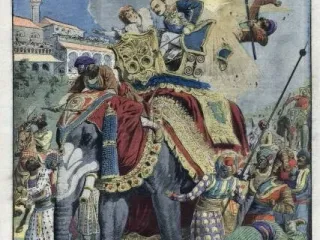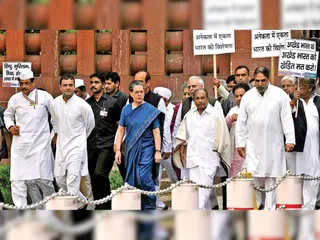British rule in India, spanning roughly two centuries from the establishment of the British East India Company's dominance to Indian independence in 1947, left an indelible mark on the subcontinent. Its impact was multifaceted, encompassing economic, social, political, and cultural spheres, resulting in a complex legacy that continues to shape India today. Analyzing this impact requires a nuanced understanding, acknowledging both positive and negative consequences.
Economic Impact:
Economically, British rule drastically altered India's trajectory. While it introduced modern infrastructure like railways and irrigation systems, these developments often served British interests first, draining India's resources. The deindustrialization of India, with the suppression of indigenous textile industries to benefit British manufacturers, devastated local economies. The introduction of cash crops like indigo and opium for export further exacerbated economic inequalities and led to widespread famines due to the neglect of food production for local consumption. The revenue extraction policies of the British government, often enforced through oppressive taxation, severely impoverished large sections of the population.
Social Impact:
Socially, British rule introduced a new system of education, based on the English language and Western ideals. While this fostered the emergence of an educated Indian elite, it also created a cultural divide and contributed to the erosion of traditional social structures. The introduction of Western legal systems and administrative practices had a lasting impact on Indian society, though often at the expense of traditional governance mechanisms. The caste system, while not created by the British, was formally acknowledged and, in some ways, reinforced through British policies.
Political Impact:
Politically, British rule transformed India from a collection of diverse princely states and regional powers into a unified, albeit subjugated, nation. The gradual centralization of power under the British Crown, culminating in the establishment of the British Raj, laid the groundwork for future Indian nationhood. However, this process was characterized by suppression of Indian political aspirations and repeated uprisings, most notably the Sepoy Mutiny of 1857. The rise of Indian nationalism as a direct consequence of British rule is a critical aspect of this political transformation.
Cultural Impact:
Culturally, British rule led to a complex interplay between indigenous traditions and Western influences. While some aspects of Indian culture were suppressed or marginalized, the interaction with British culture also led to new forms of artistic expression, literature, and intellectual thought. The introduction of new technologies and ideas spurred cultural and intellectual changes, creating a hybrid culture that continues to evolve.
Conclusion:
The legacy of British rule in India is undeniably complex and multifaceted. While it undeniably contributed to the creation of a modern, unified India, it came at a significant cost. The economic exploitation, social disruption, and political subjugation inflicted by British rule cast a long shadow, impacting India’s development well into its independence. Understanding this legacy requires a balanced analysis, acknowledging both the positive and negative consequences of this pivotal period in Indian history.





























































